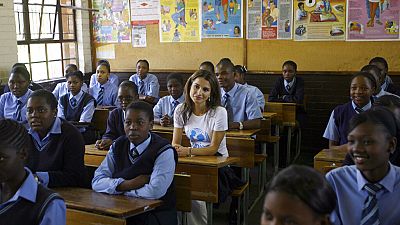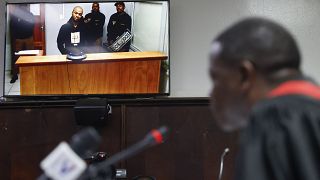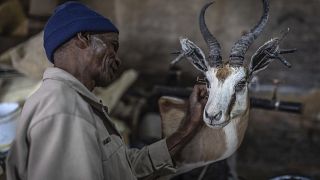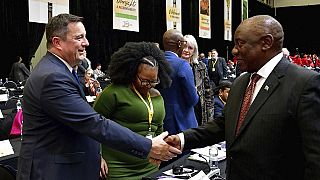South Africa
More than 80 percent of South African children around the age of 10 have trouble reading and understanding what they read at the same time, an international study released Tuesday shows.
"Unfortunately, the results show disappointing scores," said Education Minister Angie Motshekga, citing the Progress in International Reading Literacy Study (Pirls), conducted every five years since 2001.
Thus 81% of South African schoolchildren in the fourth year of primary school, i.e. around the age of ten, read with difficulty, compared to 78% five years earlier. The coronavirus pandemic has contributed to the worsening of illiteracy, she said at a conference in Pretoria.
According to the minister, in many elementary school, "reading instruction focuses solely on oral performance, neglecting reading comprehension and the meaning of written words.
And many schools in Africa's most industrialized country lack textbooks and libraries, sometimes also lacking proper infrastructure or toilets.
Thirty years after the end of apartheid, the country is still marked by the poor education long imposed on the majority black population under the segregationist regime.
Many grandparents and parents are partly illiterate and find it difficult to help their children learn to read.
South Africa is one of three countries on the continent that participated in this study, along with Morocco and Egypt, and the only one in sub-Saharan Africa.













01:00
Pix of the Day: July 3, 2025
01:12
One child displaced every five seconds in MENA region conflicts
Go to video
In Kenya, 90% of packaged food needs health warning label under new rules
00:52
Nigeria’s Peter Obi to contest 2027 election, opposition coalition in jeopardy
Go to video
Cameroon’s Tourism Minister joins presidential race as Biya’s silence fuels uncertainty
Go to video
INTERPOL seizes $65M in fake drugs, arrests 769 in largest-ever global crackdown